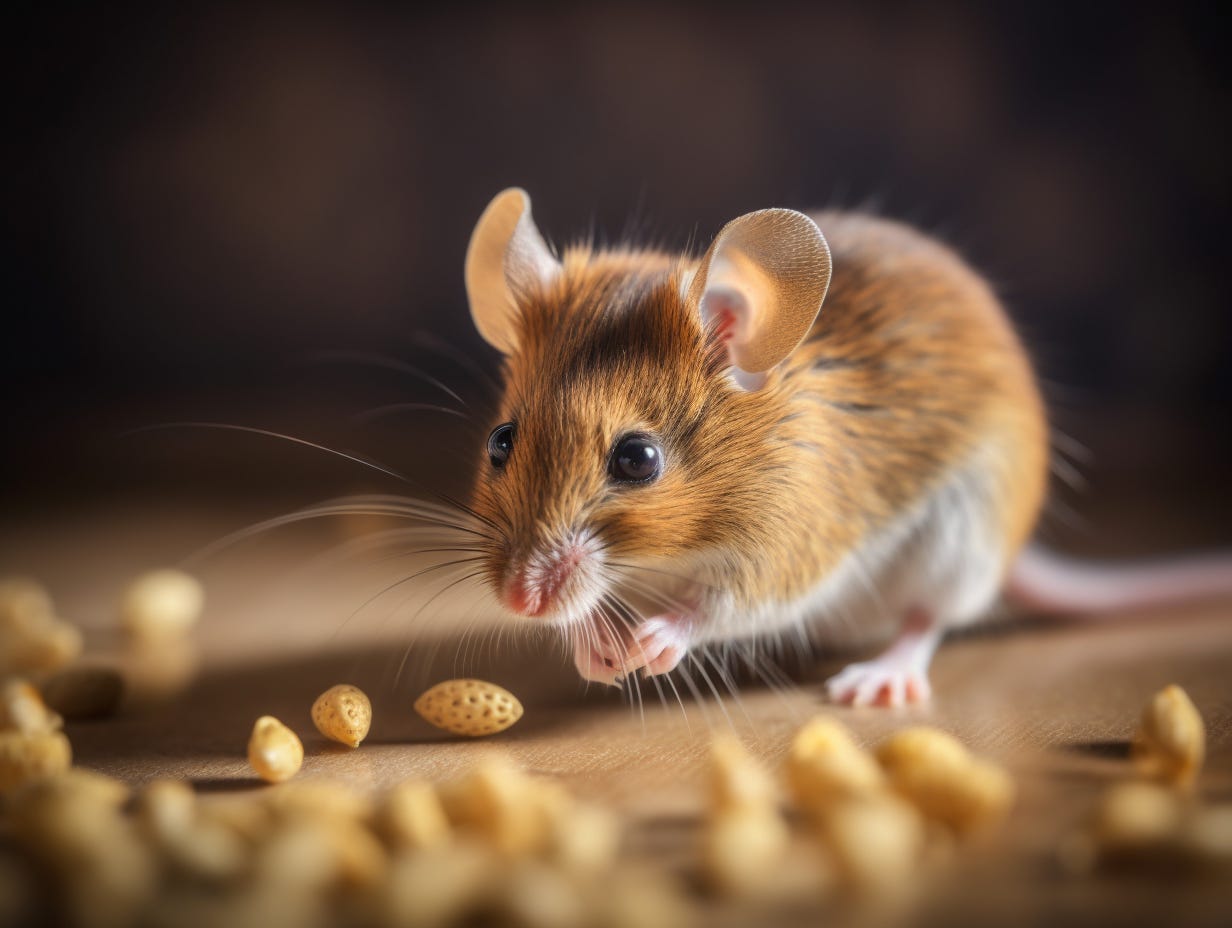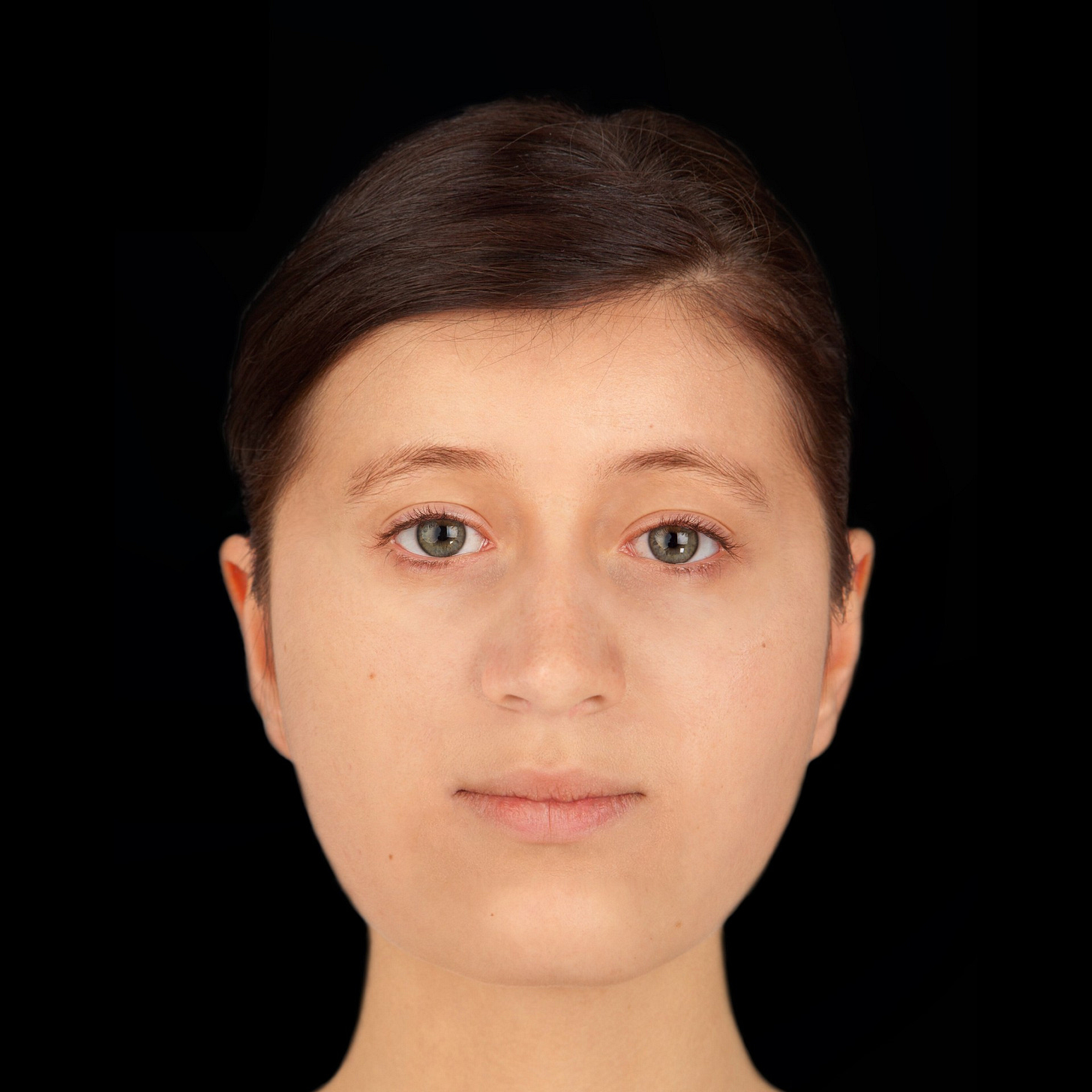🐁 Healthier Mice, Quantum Milestone, Anglo-Saxon Face: Last Week in Science #10
Quantum computers could have real-world applications within two years, scientists have reconstructed the face of an Anglo-Saxon teenager, and taurine supplementation has extended the lifespan of mice.
Taurine boosts animal lifespan
If you want your mice to live longer, feed them large amounts of taurine, a common ingredient in energy drinks. When researchers gave taurine supplements to mice, their lifespan increased by 10 per cent. They also seemed healthier, while their muscle endurance and strength. But don’t rush to buy up every energy drink you can find — scientists warn it’s not clear whether taurine has the same effect on humans yet.
Quantum computation milestone
For the first time, researchers using IBM’s quantum processor simulated the magnetic properties of a real material faster than a classical computer could. They worked around quantum noise that introduces calculation errors to get reliable results. The team conducted precise noise measurements in each qubit and extrapolated them to calculations without noise. The experiment suggests quantum computers could be useful in real-world applications within two years.
The face of an Anglo-Saxon teen
Scientists reconstructed the face of a 16-year-old Anglo-Saxon woman buried near Cambridge in the 7th century and revealed new evidence about her life. First, the forensic artist created the likeness using measurements of the woman’s skull and tissue depth data for Caucasian females. Also, bioarchaeologists conducted an isotopic analysis of the young woman’s bones and teeth, revealing she moved to England from southern Germany after she turned seven years old. The woman was buried lying on a carved wooden bed wearing the cross, gold pins and fine clothing, suggesting that she belonged to the elite.
Elia Kabanov is a science writer covering the past, present and future of technology (@metkere)
Illustration: Elia Kabanov feat. MidJourney. Facial reconstruction: Hew Morrison.





